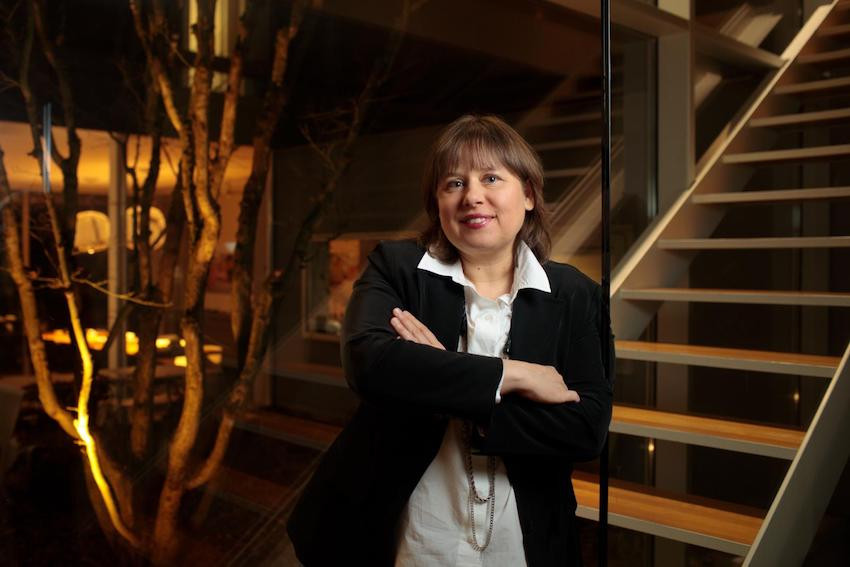Aaron Grunwald: Looking back to 2011, what have been the biggest changes in Luxembourg’s fund industry?
Corinne Lamesch: I want to talk about five key changes. First, asset management has become centre stage, and I will explain what I mean by this later. Then, second, the industry has embraced many regulatory changes over the last decade, which has made our industry stronger and more resilient. Then, third, the Luxembourg industry has continued to expand its toolbox. For example, let’s name the RAIF and limited partnerships. Then, fourth, Luxembourg has continued to open new markets and hence widen its distribution footprint. And finally, the Luxembourg industry has embraced new product trends such as sustainable investments, alternative and private asset classes, and has embraced digital transformation.
So, if we go back to the first one, which was asset management has become centre stage, what we have seen in the past decade is that asset management has become a major actor for a well-functioning economy and for the well-being of citizens. So, it’s not just only anymore about financial returns, but it’s a broader social code which we are pursuing. You know, let’s be honest, during the financial crisis of 2007-2008, I think the perception was quite different. And we believe, at least at Alfi, that this image has changed and that asset management is now seen as part of a solution to address different needs of our society.
Why do you think that’s shifted?
I think there is a shift in investors understanding that investment funds can be an essential tool for their long-term savings. So, there is this shift [to] ‘yes, we need to save for our pensions. And funds can be an interesting tool to achieve that.’
Alternative funds represent about 17% of Luxembourg’s industry today. If you had to take an educated guess, what percentage will they make up in 2031?
[Looking at current numbers] I would say, in ten years’ time, it could be 25%. I would have said 30% using my instinct.
Let’s talk about digitalisation. What does that mean to you? Does that mean I’m buying my funds on Facebook?
Exactly. Maybe not Facebook, but an app, let’s say. I think there will need to be a special app, unless Facebook becomes a financial institution. And that’s a threat to the industry. Let’s be honest, if the Amazons of the world become a financial institution, then they will make it happen. So, we need to make it happen.
If I would [imagine] the 2031 investor, what he would want is an app where he can buy online, without sending 100 pages of paper, his sustainable products, he can buy pension products, he can hopefully have access to private asset classes. And he sees everything, all his savings, whether held with one bank or another bank, or even his pension savings, which he has with his employer or the state, in one app. I think that would be a great achievement, from the investor perspective. I think that’s what I would want.
Honestly, I’m in this industry, I have various investments... but do I have the full picture at all times? No.
The funds industry is a big employer in Luxembourg. Will it be a smaller or bigger part of the economy in 2031?
I think that the growth rate of staff in the sector will continue. Obviously, we will need to attract talent for that to happen. We also need to attract the right talents. Because, I mean, the agenda we just discussed requires... different skills and different profiles... but I think there’s definitely growth potential for staff in this area.
